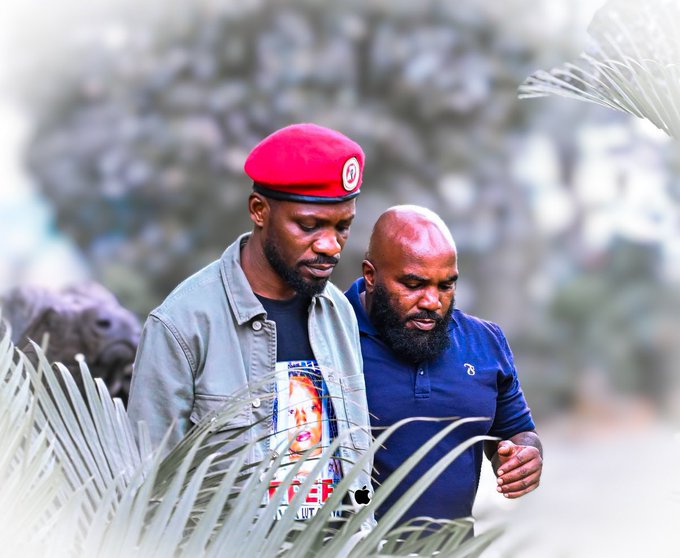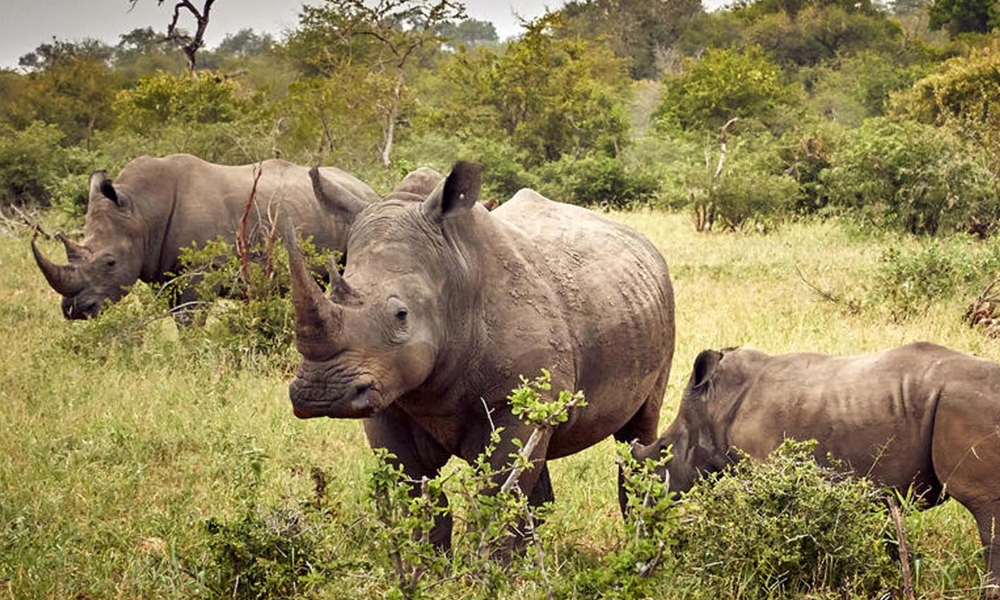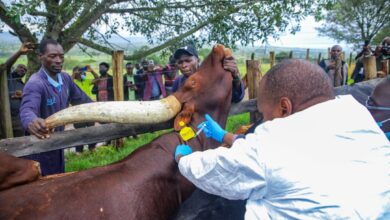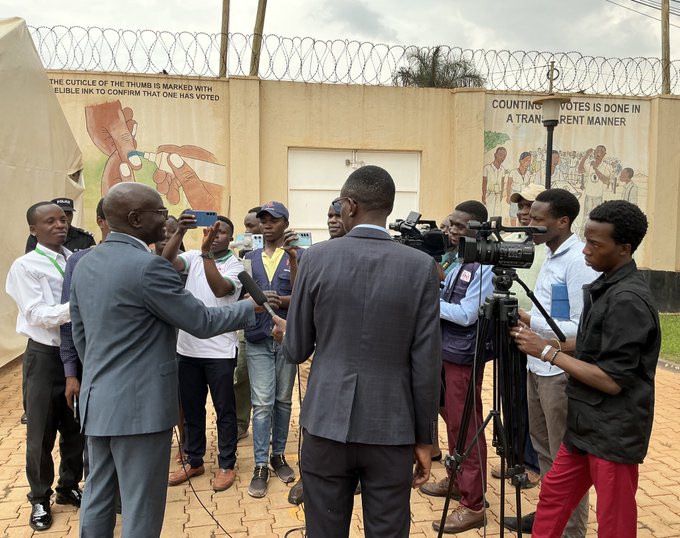Are you comfortable with Muhoozi’s tribalism? Bobi Wine questions Banyankore elders
The letter hinges on specific allegations, highlighting the recent abduction and torture of Eddie Mutwe, Bobi Wine's personal bodyguard who hails from Buganda.

Ugandan opposition leader Bobi Wine, real name Robert Kyagulanyi Ssentamu, has ignited a national debate by publicly questioning Banyankore and Kigezi elders about their silence regarding what he deems “dangerous tribalism” allegedly promoted by Gen. Muhoozi Kainerugaba, son of President Yoweri Museveni.
In a strongly worded open letter addressed to prominent figures from the Ankole and Kigezi sub-regions, including Amanya Mushega, Justice Bart Katureebe, and Prof. Mondo Kagonyera, Wine accuses Muhoozi of weaponizing ethnicity, dehumanizing citizens, and inciting hatred through inflammatory rhetoric and state-sanctioned actions. “Are you comfortable with what is going on?” Wine asks, pressing them to consider their role in preventing further escalation.
The letter hinges on specific allegations, highlighting the recent abduction and torture of Eddie Mutwe, Bobi Wine’s personal bodyguard who hails from Buganda. Wine claims Muhoozi posted degrading images of Mutwe online, boasting of his detention, forced shaving, and mocking of his identity by “teaching him Runyankore.” Wine argues this constitutes a deliberate attempt to pit ethnic groups against one another, particularly targeting Baganda and promoting Banyankore dominance.
Wine denounces this as a clear manifestation of state-sanctioned tribalism, warning that Muhoozi’s actions and rhetoric are “deliberately divisive and criminal,” potentially leading to national chaos and drawing parallels to historical atrocities rooted in hateful speech and ethnic scapegoating.
By directly addressing the Banyankore elders, Kyagulanyi urges them to actively disassociate themselves from the “reckless impunity” he attributes to Muhoozi and his father, President Museveni. He contends that even if their voices are ignored by the regime, speaking out would fulfill their moral obligation to the nation. “The least expected from you is to stand with the truth and with the people of Uganda. Your silence, at a time like this, is loud,” Wine states, emphasizing the gravity of the situation.
Wine also reiterates the National Unity Platform’s commitment to fostering a united and peaceful Uganda where ethnic background does not determine a citizen’s experience. He extends an invitation for open dialogue and national healing, positioning himself and his party as champions of unity amidst perceived division.
This bold and emotionally charged message arrives at a critical juncture, with Uganda grappling with political frustration and deepening ethnic and regional divisions. Wine’s direct challenge to the Banyankore elders could signal a significant shift in the opposition’s strategy to confront the ruling establishment in the lead-up to the 2026 elections, forcing a conversation about ethnicity, power, and the future of Uganda. The response, or lack thereof, from the addressed elders will undoubtedly be closely watched and analyzed for its implications on the country’s political landscape.







